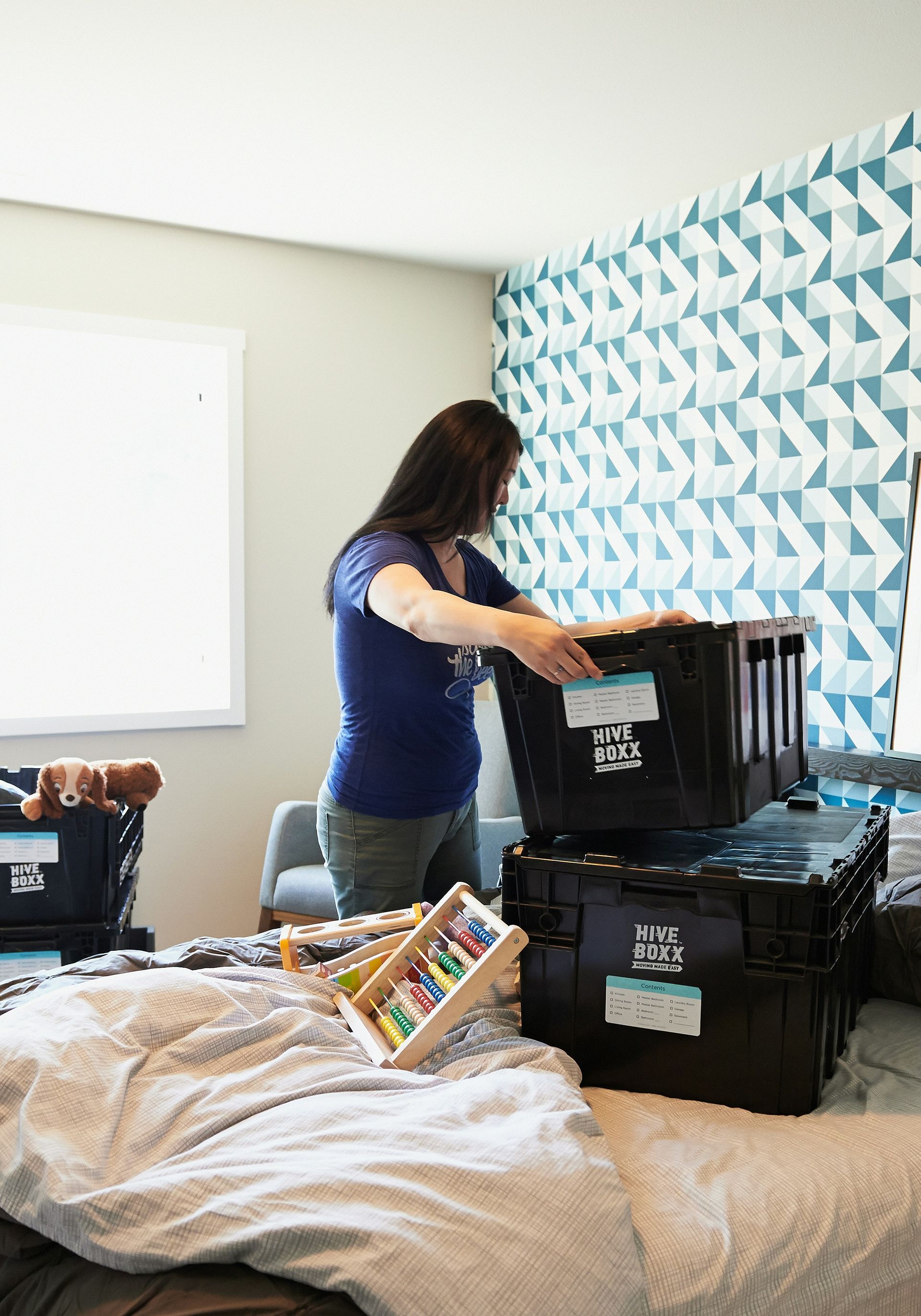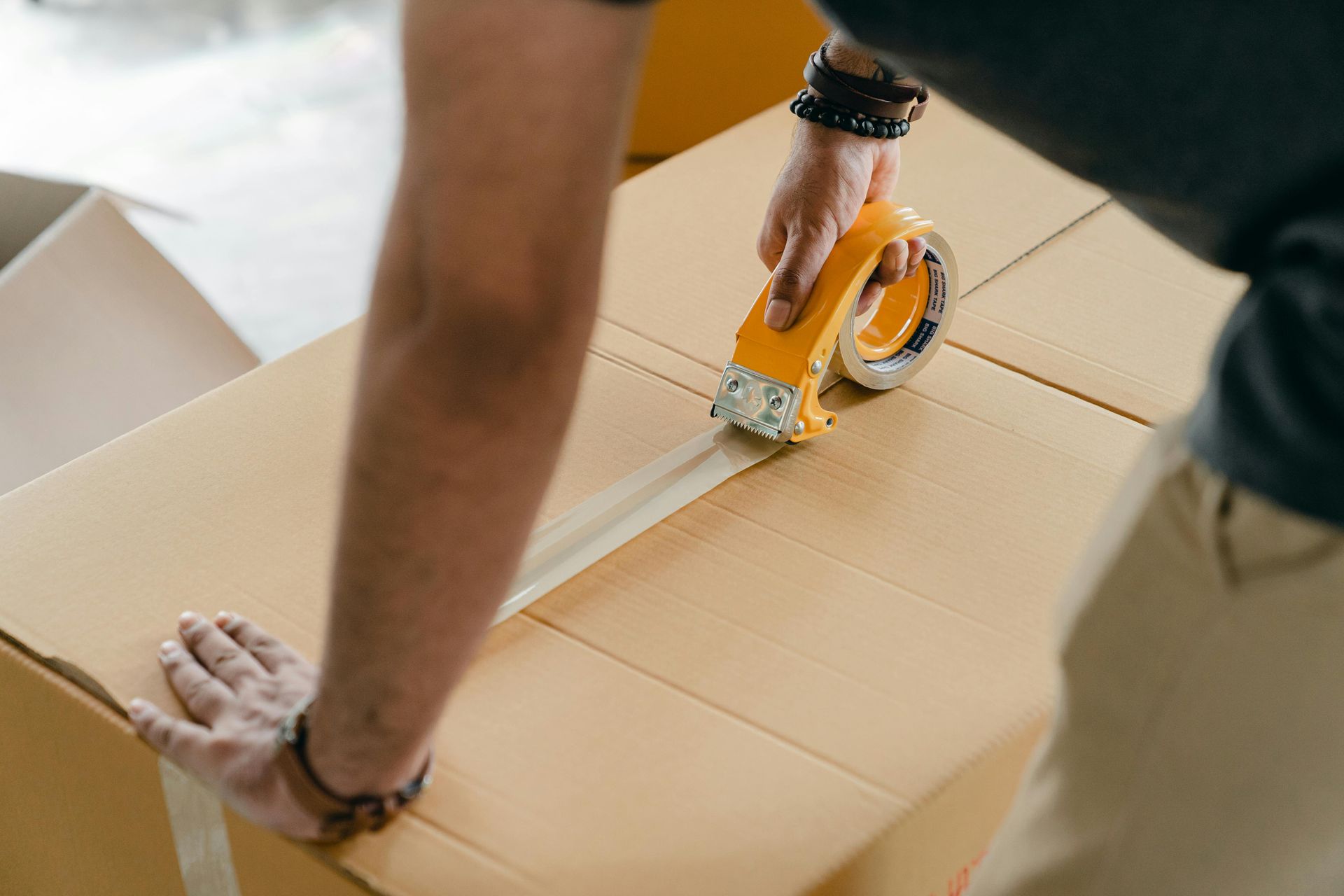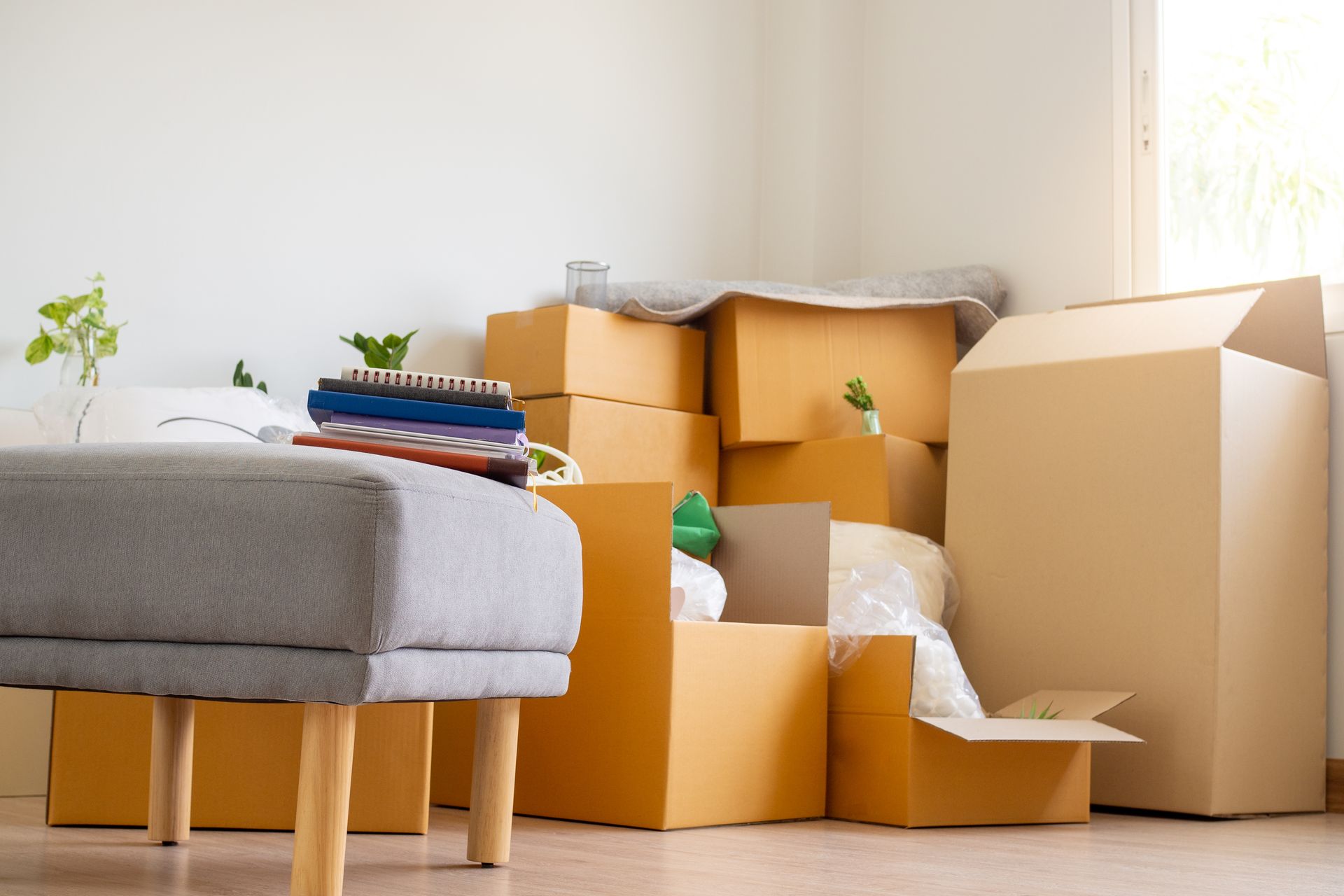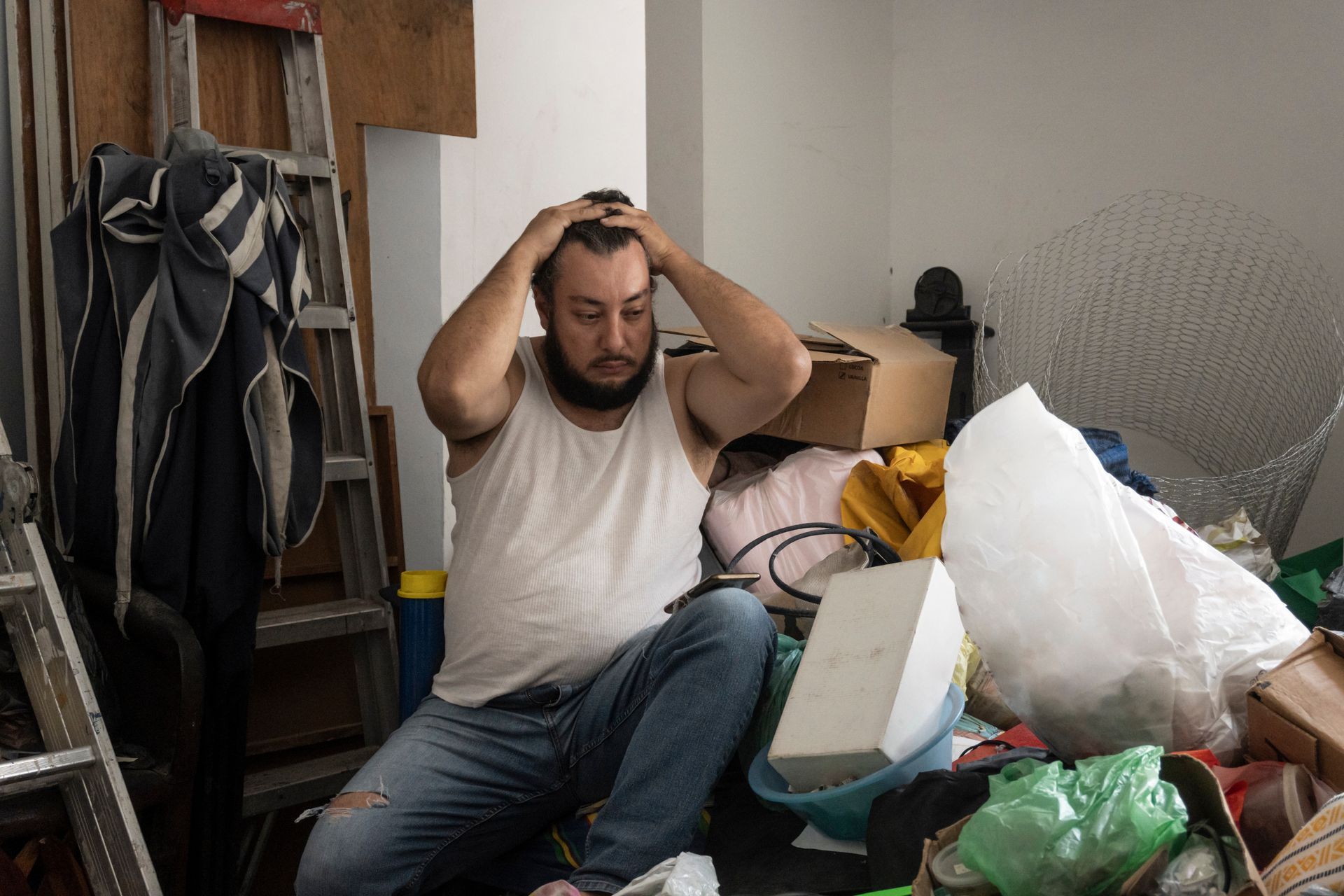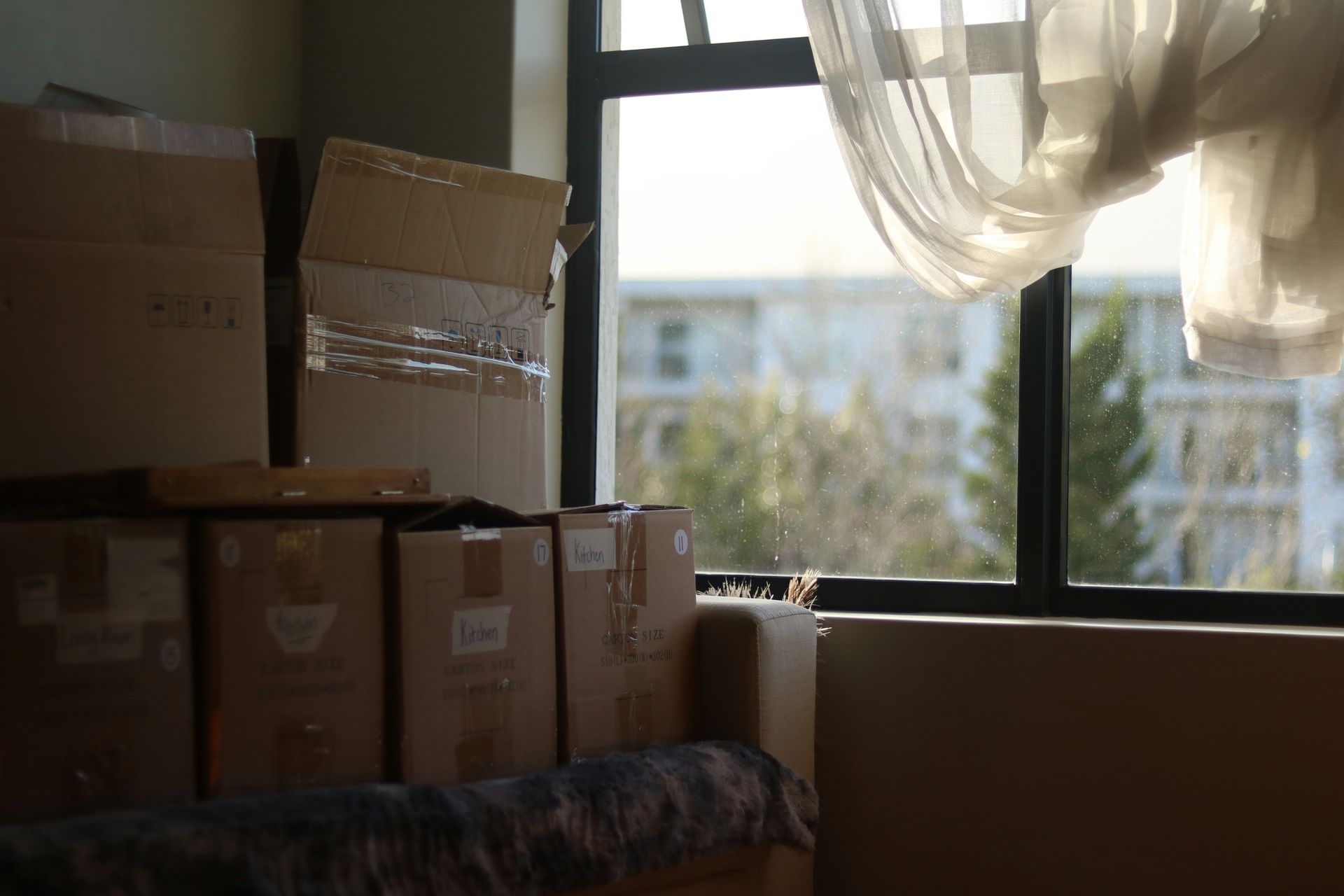The Hidden Dangers of Hoarding: Uncovering the Truth and Solutions for a Clutter-Free Life
Hoarding is a compulsive behavior that involves excessive acquisition and inability to discard items, resulting in an overwhelming accumulation of possessions. It is estimated that 2-6% of the US population struggles with hoarding, making it a widespread issue in our society. Hoarding is often associated with obsessive-compulsive disorder (OCD) and can have serious consequences for both the hoarder and their loved ones. In this blog post, we will dive into the hidden dangers of hoarding and how it impacts individuals and the community.
The Physical Dangers of Hoarding
One of the most significant dangers of hoarding is the impact it has on the physical environment. The excessive accumulation of items can create cluttered and chaotic living spaces, making it difficult for hoarders to navigate and maintain a safe and healthy home. Here are some of the potential physical dangers of hoarding:
- Fire hazards: Cluttered and overcrowded living spaces increase the risk of fires as items can block pathways and hinder evacuation in case of an emergency.
- Structural damage: Hoarding can lead to the weakening and collapse of floors and ceilings due to the weight of excessive possessions.
- Mold and mildew growth: Piles of clutter can trap moisture and create a breeding ground for mold and mildew, which can lead to respiratory issues and other health problems.
- Pests and rodents: Hoarded items provide shelter and food for pests and rodents, leading to infestations that can spread diseases and cause further damage to the home.
The Emotional and Mental Health Consequences of Hoarding
Hoarding not only takes a toll on the physical environment but also has a significant impact on the hoarder's emotional and mental well-being. As possessions pile up, hoarders can experience a range of negative emotions and mental health consequences, including:
- Anxiety and distress: The constant urge to acquire and the fear of discarding items can create overwhelming anxiety and distress for hoarders.
- Isolation and shame: Hoarders may feel embarrassed and ashamed to invite others into their cluttered homes, leading to social isolation and feelings of shame.
- Family and relationship strain: Hoarding can strain relationships with family and friends, who may not understand the hoarder's behavior and may become frustrated and distant.
- Depression and other mental health disorders: Hoarding is often linked to other mental health disorders, such as depression, anxiety, and OCD, which can exacerbate the hoarding behavior and create a vicious cycle.
The Impact of Hoarding on Health and Safety
In addition to the physical and mental health consequences, hoarding can also have a direct impact on the hoarder's health and safety. The accumulation of clutter and the inability to maintain a clean and sanitary living space can lead to the following dangers:
- Health hazards: The buildup of dust, mold, and pests in a hoarder's home can create a breeding ground for bacteria and other health hazards.
- Functional limitations: Hoarders may have difficulty performing daily tasks such as cooking, bathing, and cleaning, which can lead to poor hygiene and increase the risk of infections.
- Difficulty accessing medical care: Hoarders may face challenges in accessing medical care due to the cluttered living conditions, which can result in delayed or inadequate treatment for health issues.
The Financial Burden of Hoarding
Hoarding can also have a significant financial impact on both the hoarder and their loved ones. Here are some of the ways hoarding can create financial burdens:
- Impulse buying and debt: Hoarders often struggle with impulse buying, leading to excessive spending and debt. They may also refuse to discard items, resulting in the accumulation of unnecessary possessions that can be costly to store and maintain.
- Home maintenance and repair costs: As the clutter piles up, hoarders may neglect home maintenance and repairs, which can lead to additional costs and further damage to the property.
- Loss of real estate value: Hoarding can significantly lower the value of a home, making it challenging to sell and resulting in financial loss for the hoarder and their family.
Seeking Help and Solutions for Hoarding
Hoarding is a complex disorder that requires professional help and support for successful treatment and recovery. Here are some solutions that can help hoarders overcome their challenges and move towards a clutter-free life:
- Professional therapy and counseling: Therapy and counseling can help hoarders understand their behavior, develop coping strategies, and address underlying mental health issues.
- Decluttering and organizing strategies: Professional organizers can help hoarders declutter and effectively manage their possessions through practical organizing strategies.
- Junk removal and hoarding cleanup services: Junk removal companies, such as ASAP Moving & Hauling LLC, offer hoarding cleanup services to help remove and dispose of excessive clutter safely and efficiently.
Contact ASAP Moving & Hauling LLC for Professional Trash & Junk Removal Services in Avon Lake, OH!
Hoarding is a serious and often misunderstood disorder that can have severe consequences for both the hoarder and their loved ones. It is crucial to address and seek help for hoarding, as it can have physical, emotional, and financial repercussions. If you or someone you know is struggling with hoarding, do not hesitate to reach out for professional support and assistance. Remember, change is possible, and a clutter-free life is just a phone call away.
Call
ASAP Moving & Hauling LLC at
(440) 517-4921 for
safe and efficient junk removal and hoarding cleanup services in Avon Lake, OH, and the surrounding areas. We also offer
local,
long-distance, and
short-distance moving services to help you start a fresh chapter in a clutter-free home. Contact us today for a free estimate.
FAQs
